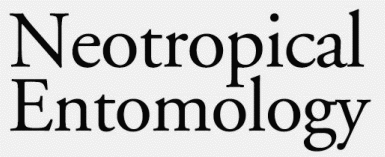The phytophagous mites Panonychus ulmi (Koch) and Tetranychus urticae Koch (Tetranychidae) cause severe losses in apples in southern Brazil. An alternate means of managing both species, currently under way in orchards in Fraiburgo, SC, is the use of the predatory mite Neoseiulus californicus (McGregor). To understand how this predator interacts at the olfactive level with both prey on their host plants, we studied the responses of N. californicus on apple, Malus domestica (Borkham), as well as on three of the predator's alternate winter hosts (Sida rhombifolia L., Plantago tomentosa Lamarck and Taraxacum officinale Weber), in a Y-tube olfactometer. On apple, the tests demonstrated that N. californicus responded significantly to allelochemicals associated with previously-infested leaves with or without P. ulmi or T. urticae or their associated byproducts (feces, eggs, exuviae, and webs), as well as to those associated with previously-uninfested leaves + prey and its byproducts. The predator also responded to a mixture of volatile odors from previously-uninfested apple leaves with T. urticae byproducts. In relation to the location of T. urticae by N. californicus on its alternate winter host plants, we observed that the prey byproducts are more attractive to the predator on S. rhombifolia and P. tomentosa, whereas infested leaves of T. officinale with or without prey and its byproducts did not elicit any response. These results indicate that the volatiles from the host plant, as well as those from the prey and its byproducts, serve as cues in the prey location by N. californicus. Additionally, volatiles from the flowers of the three alternate host plants were highly attractive to the predator, which suggests that this stimuli could be involved in locating pollen, another of its food sources.
Allelochemicals; Panonychus ulmi; predacious mites; searching behavior; Tetranychus urticae






